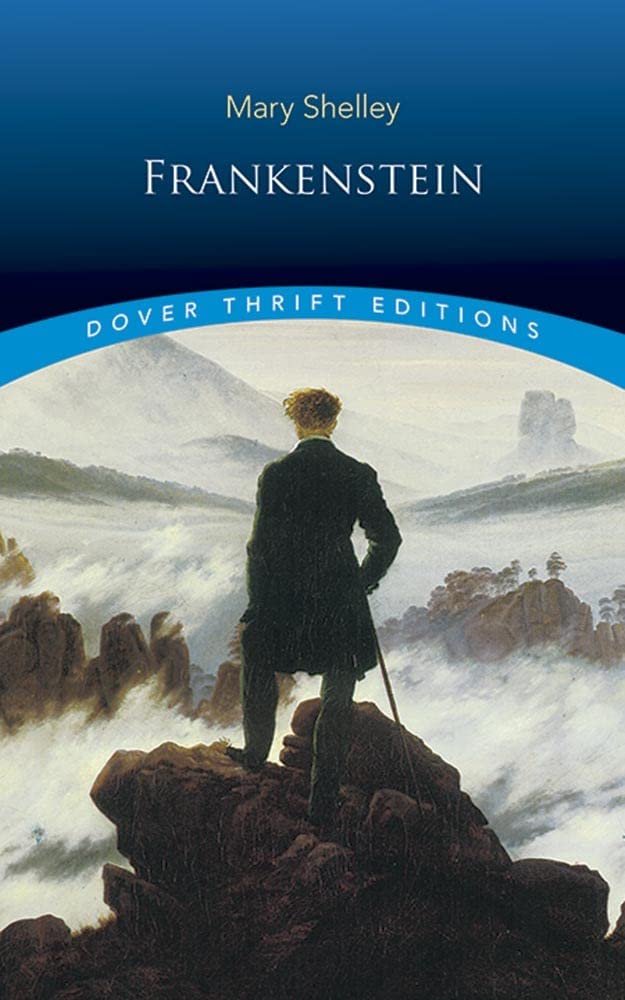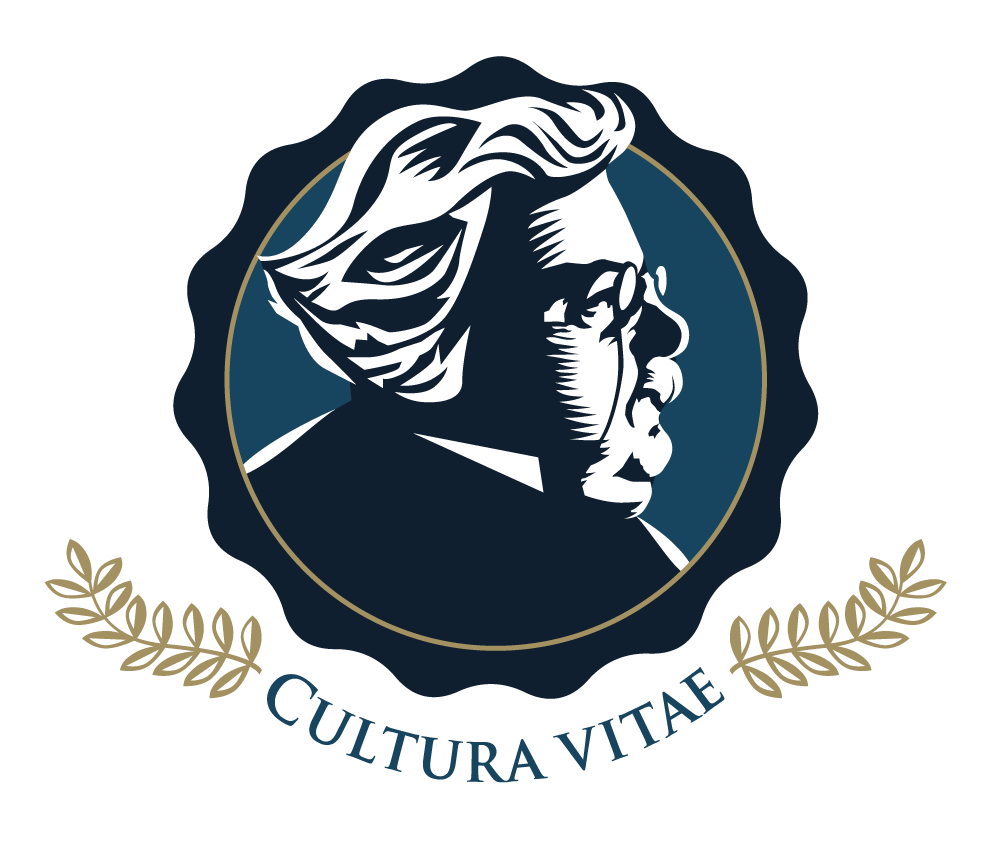
Current Families
-
Faith’s Law Mandate against Sexual Abuse in Schools
On December 3, 2021, Governor Pritzker signed Faith’s Law, P.A. 102-0676 (HB 1976), into law. Faith’s Law expands the criminal definition of grooming beyond electronic communications to include written communications and acts committed in person or by conduct through a third party. The law also makes it clear that mandated reporters must report suspected grooming to DCFS under the Abused and Neglected Child Reporting Act. In addition to expanding the criminal definition of grooming, Faith’s Law includes several new requirements for schools and educators intended to prevent sexual abuse and misconduct in schools.
The law specifically provides that any violation of the employee code of professional conduct or failure to report a violation may subject an employee to discipline, up to and including dismissal from employment. As part of this law, we are posting a copy of the Resource Guide to support you and your family should you need it.
https://www.isbe.net/Documents/Faiths-Law-Resource-Guide.pdf
Summer Reading
-

9th | Greek Myths (Hamilton, Edith)
Edith Hamilton’s classic retelling of all the primary Greek myths serves as a great introduction to the Greek word that is the backdrop to the freshman literature sequence. Students will learn the Greek origin myth and several memorable cautionary tales. Also, these short stories introduce the Greek gods as well as all of the major Greek heroes, such as Hercules, Pericles, Theseus and Jason. This is a must-read for students to prepare for the Iliad, Odyssey, Aeneid and Greek drama in the freshman literature curriculum.
**Please Note: Incoming freshmen are asked to read Parts I-III of the Hamilton book only. Reading further actually begins to preclude the subject matter of the Iliad and Odyssey which we read during the year. Parts I-III take students through page 251.**
-

10th | Myths of the Norsemen (Green, Roger Lancelyn)
With the slow fall of Rome that is covered in the sophomore history sequence, the gravitational center of the Christian world shifts northward, and the original Christian themes and ideals of the ancient word are retold against a new Germanic cultural backdrop. Roger Lancelyn Green ‘s retelling of these Nosre myths sets the stage for Beowulf, the Song of Roland and the Arthurian legends that are studied in the 10th grade.
-

11th | Screwtape Letters (Lewis, C.S.)
As our Juniors prepare to study moral theology, Lewis’ book will prepare their minds and hearts to better appreciate the deep impact of original sin and how the forces of darkness try to undermine joy and truth.
-

11th & 12th St. Thomas Aquinas St. Francis of Assisi (G.K. Chesterton)
The juniors begin their year by reading one of Chesterton’s best biographies: St. Francis of Assisi. Our seniors continue with Chesterton’s St. Thomas Aquinas.
-

12th | Frankenstein (Shelley, Mary)
One of the most fundamental works of modern literature, Mary Shelley’s novella has very little to do with the 1950’s scary movies. Instead, it is a thoughtful study of the limits of human capacity in a scientific age that was quickly casting away old revealed truths. It is a work that could not have been written in any other moment in history, and the archetype of the creature that is sentient but not created by God is one that endures into our own day. Certainly vampires, werewolves and even aliens partake of this theme; yet so does mankind when reduced to mere materialism. (Note: please be sure to read the original 1818 version, not the later 1831 text.)
-
Seniors are reading:
St. Thomas Aquinas
Frankenstein
“The Rime of the Ancient Mariner”
